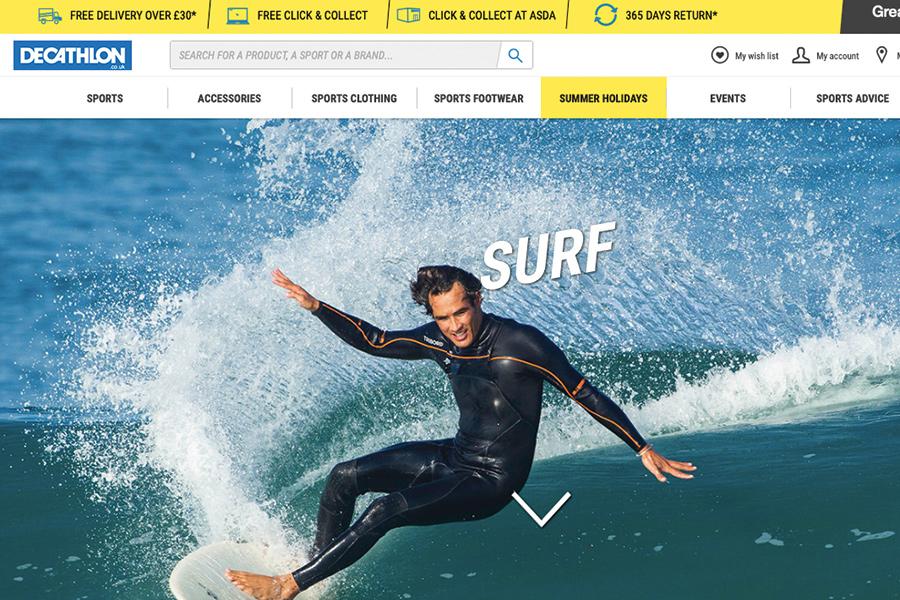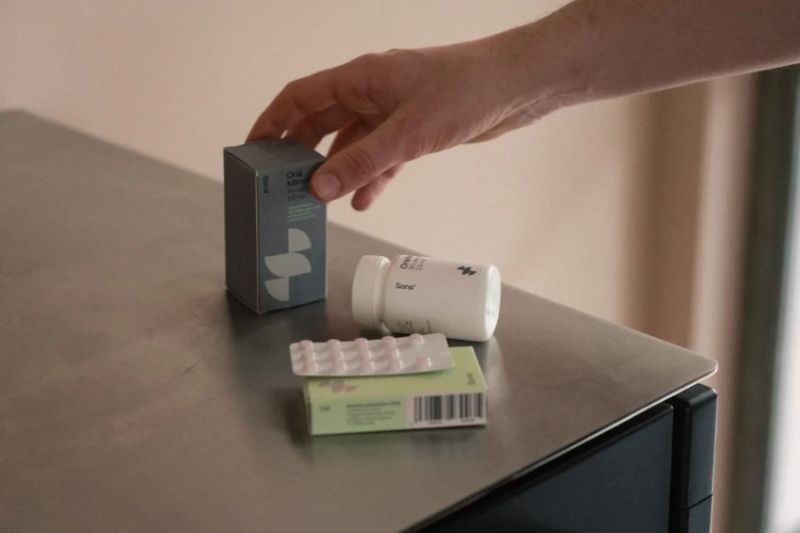Decathlon is a French sports-gear retailer with 1,500 stores and omnichannel evolution in its sights. It has a strong story to tell in Operations & Logistics, and has RFID tagging high up on its agenda.
It is nearly three years since the retailer expanded its already established RFID programme, working the tags into all of its products in order to manage inventory and to keep goods secure.
This is part of a supply programme it has delivered for more than five years now, in partnership with SML Group. It is aimed at ensuring Decathlon’s network of suppliers all adopt the RFID stickers and labels, which are sewn into clothing during manufacture.
Each RFID item is assigned an individual Electronic Product Code (EPC) number to match the unique product SKU. The resulting item-level tracking has improved inventory management and ensured better availability of goods, while also reducing out-of-stocks and improving customer service.
Embisphere manages the RFID programme for Decathlon. In addition to inventory management, the RFID labels are linked to electronic article surveillance security tags on high value items.
This year, Decathlon announced plans for a ‘scan and go’ service across its Netherlands stores, as a response to changing customer behaviour. The service will allow customers to scan and pay for items on their smartphones, disabling the RFID tag so they can exit without queuing or waiting at the checkout.
Decathlon worked with MishiPay on the roll-out, which is started at its stores in Rotterdam and Eindhoven. The idea is to tap into the fact that almost all shoppers use their phones while in store, meaning that the technology is already available.
Decathlon’s CTO, Sybe De Graaf, noted: “We are always looking for new ways to improve the experience of our customers and to remove friction from their in-store journey. MishiPay’s mobile self-checkout has been implemented very quickly and is easily scalable.”
Retailers that use RFID tags – radio-frequency identification –can expect to see their sales increase, suggests a recent study, which analysed the use of the tags by 10 retailers and found top-line increases of up to 5.5%. The study was led by Adrian Beck at the University of Leicester, and involved leading retailers and brands, including Adidas, C&A, Decathlon and Tesco.
Professor Beck combined face-to-face interviews with quantitative data on business performance. The report found that all the companies studied saw a positive return on their investment on using RFID, and in particular that all got a sales boost from the increased stock availability that flowed from using RFID.





